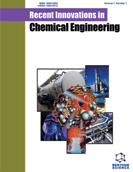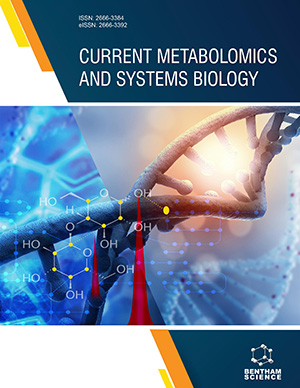Abstract
Metabolomics is defined as a matrix of studies on the methodologies and
analytical technologies related to data analysis in microorganisms, plants, and animals.
In humans, about 50–200 metabolites have been identified, improving our
understanding of the metabolome and genomics. A broad range of fields commonly
apply metabolomics studies, including those related to the effects of drugs, cellular
function, and drug discovery, as well as to the search for biomarkers of diseases. It is
possible to divide a well-designed metabolomics study into phases, including ethical
approval, sample collection and preparation, sample analysis (Liquid or Gas
Chromatography Coupled to Mass Spectrometry - LC-MS/GC-MS, High or Ultrahigh
Performance Liquide Chromatography - HPLC/UPLC, or Nuclear Magnetic Resonance
- NMR), identification/quantification of metabolites, statistical analysis, and
biochemical interpretation. In studies involving biological samples, the use of NMR
has increased, in comparison with GC-MS and LC-MS, because NMR presents
advantages, including the fact that it is nondestructive to samples, no chromatographic
separation is needed, and there is a possibility of determining unknown metabolites. In
addition to discussing NMR-based metabolomics studies involving biological samples
from humans, in this chapter, we discuss essential aspects in early stages, including
sample preparation in phosphate buffer, utilization of internal standards, the importance
of water suppression, and the use of 1D and 2D NMR spectroscopies for identification
of metabolites.
Thereafter, the most often-used multivariate analysis in chemometrics will also be
presented, demonstrating which OPLS-DA method is the best option for group
discrimination.Some metabolites identified in human biofluids will be described,
especially those associated with pathological conditions or dysregulation in metabolic
pathways for different types of cancer. Finally, we present the results of a preliminary
NMR-based metabolomics study involving patients with colorectal cancer and healthy
volunteers.
Keywords: Breast cancer, Colorectal cancer, Lung cancer, Metabolomics, Nuclear Magnetic Resonance, OPLS-DA, Pancreatic cancer.






















